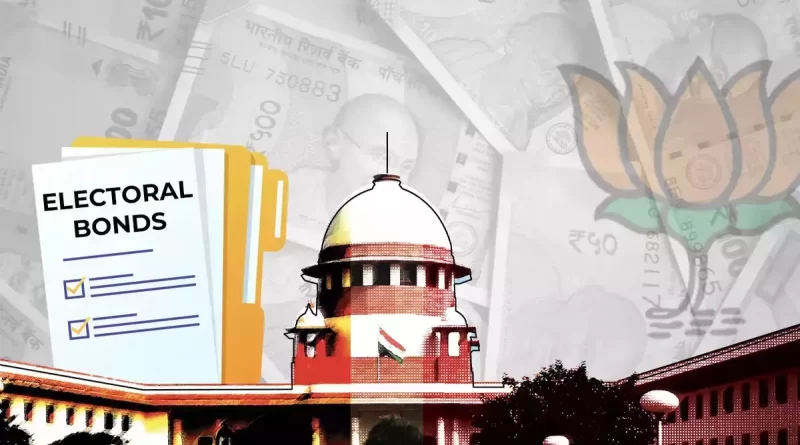What is Electoral bonds in India?
Electoral bonds
Electoral bonds are financial instruments introduced in India in 2017 to allow individuals and corporations to make anonymous donations to political parties12. They are interest-free bearer bonds that can be purchased from authorized branches of the State Bank of India (SBI) in multiples of Rs 1,000, Rs 10,000, Rs 1 lakh, Rs 10 lakh, and Rs 1 crore2. The political parties have to encash them within a stipulated time.
The controversy around electoral bonds arises from the anonymity they provide to donors, which critics argue infuses opacity in the political funding system3. The opposition has alleged that the scheme is a scam, with claims that only firms under the scrutiny of the Enforcement Directorate, income tax department, and central agencies have contributed through electoral bonds4. They argue that this was a way for the ruling party to recover funds using the threat of probe agencies4.
As for the pros and cons of electoral bonds:
Pros:
They were introduced with the aim of reducing the influence of black money in politics and providing a legal and transparent mechanism for political donations5.
All electoral bonds issued are to be redeemed by a bank account that the Election Commission of India has disclosed, which strengthens accountability.
Cons:
The anonymity of donors has been criticized for obscuring the sources of political funding3.
Critics argue that the scheme has been used to favor certain parties, with allegations of misuse of central agencies to garner funds through electoral bonds4.
It’s important to note that the Supreme Court of India declared the electoral bond scheme unconstitutional in February 202417. The court directed the State Bank of India to hand over the identities and other details of donors and recipients to the Election Commission of India1.

